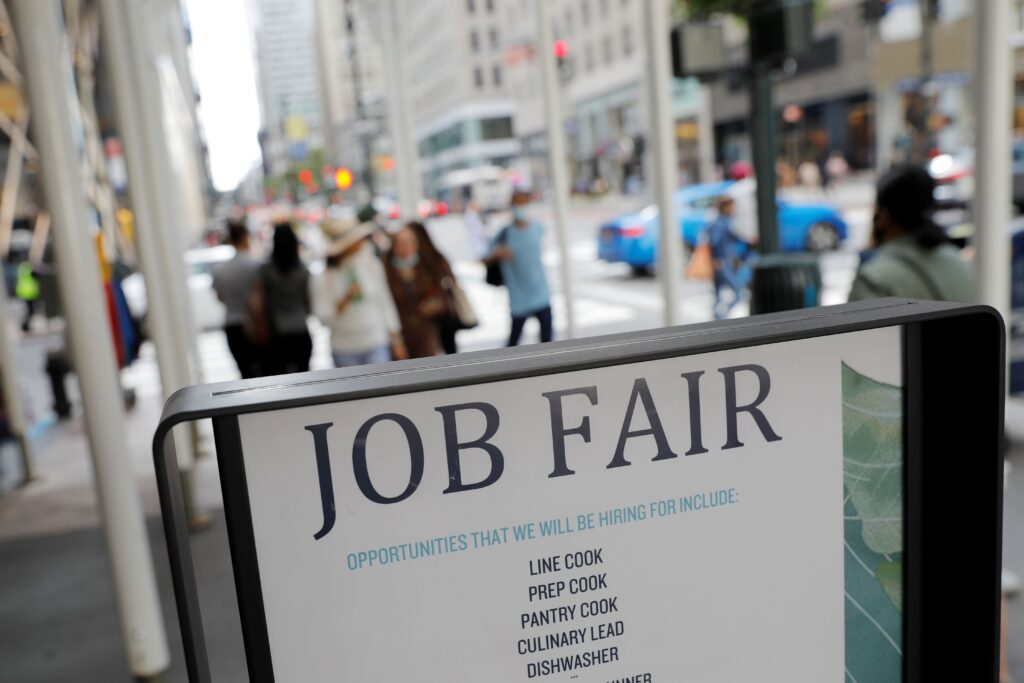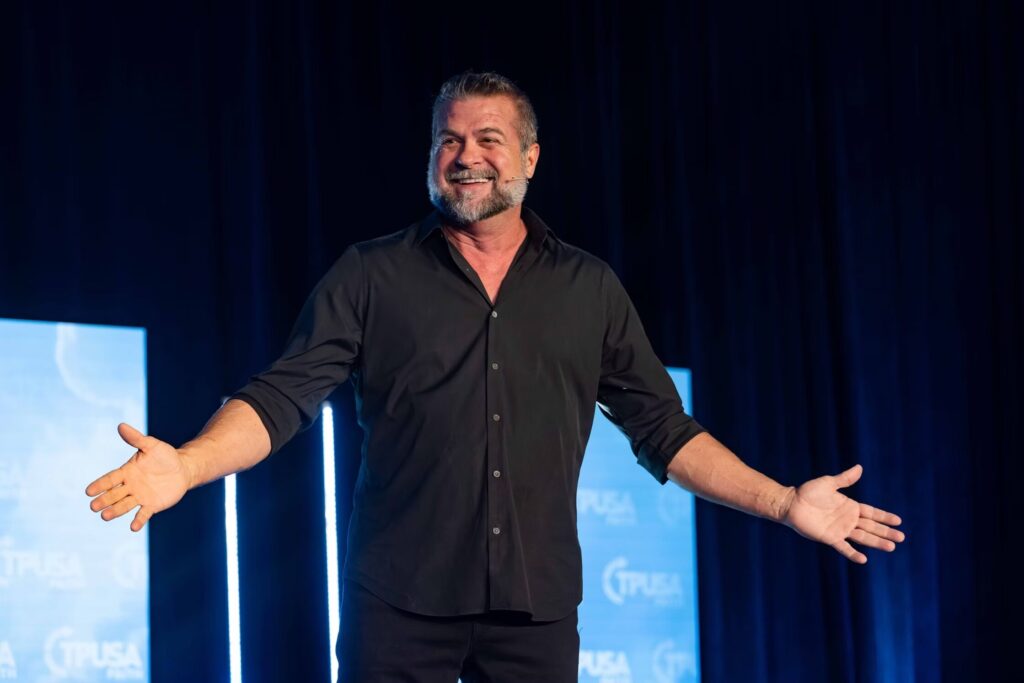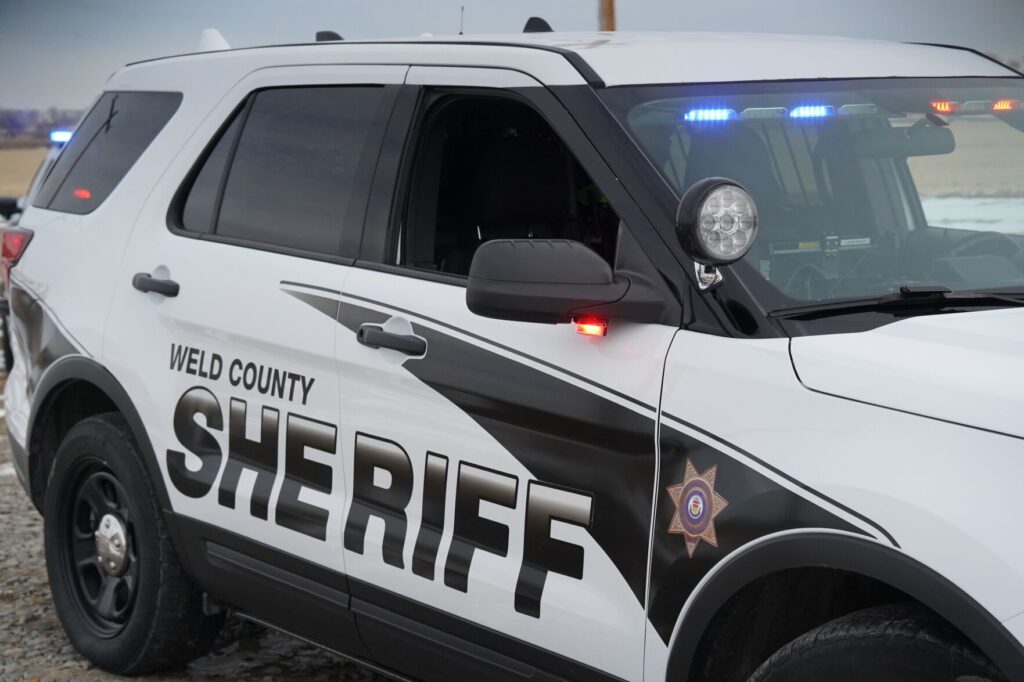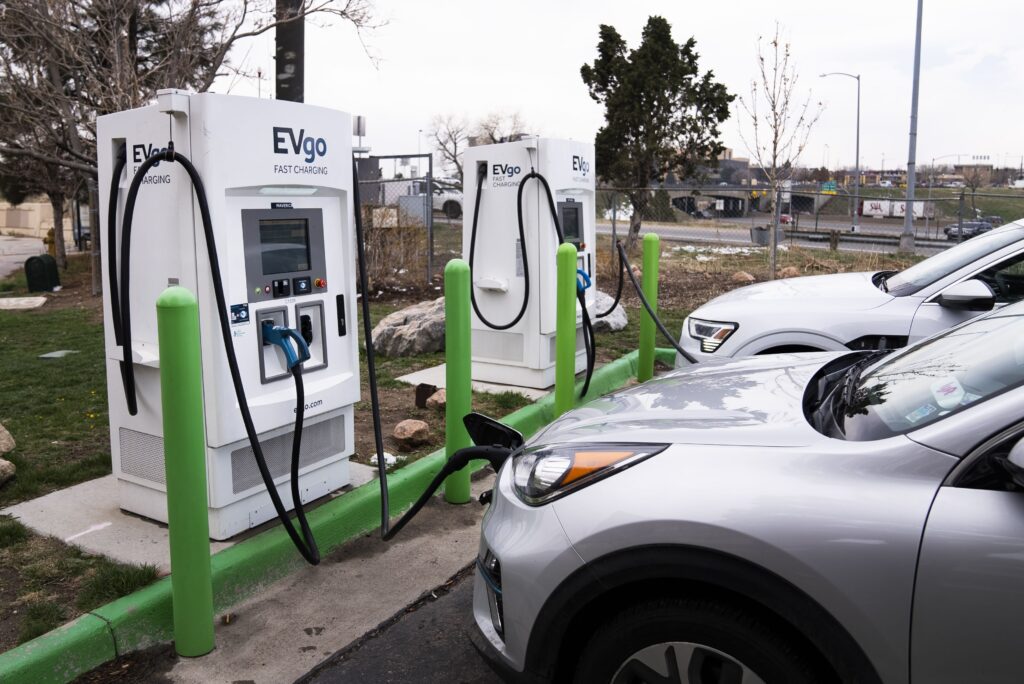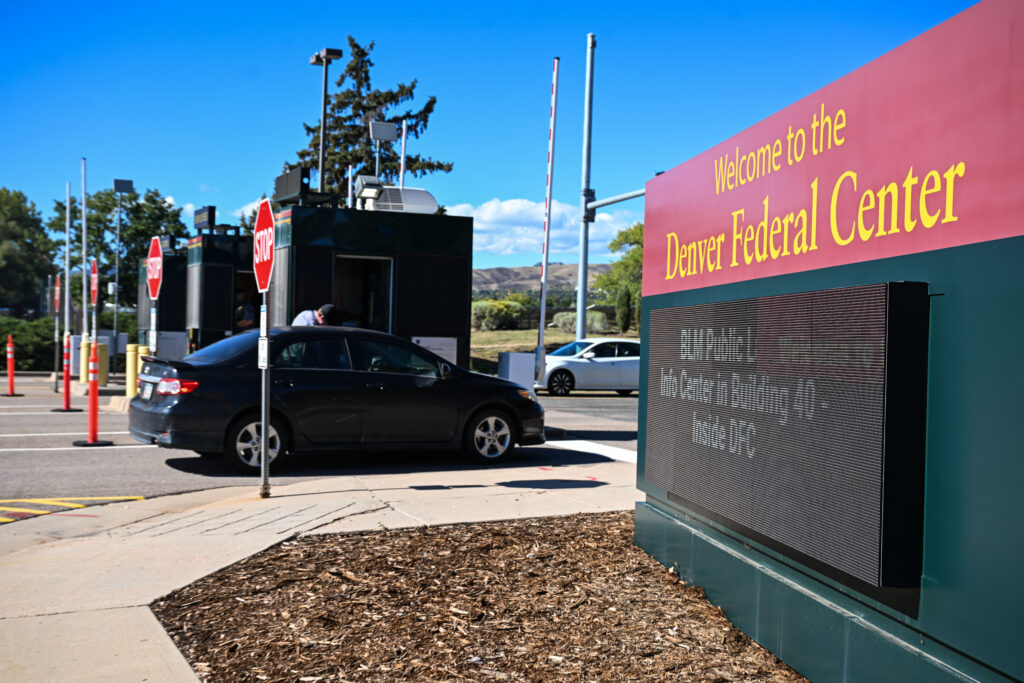Lawmakers discuss community, law enforcement solutions
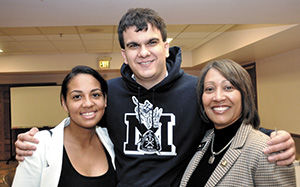
In the wake of the controversial shooting death of a Denver teenager by police and howls of outrage over protesters defacing a monument to fallen police officers, state Rep. Angela Williams brought together Democratic lawmakers, law enforcement officials, faith leaders, students and others from the northeast Denver community to talk about easing tensions and rebuilding trust.
“We want to come up with solutions,” said Williams, who led a two-hour discussion among more than a dozen panelists and about 40 community members on Tuesday night at New Hope Baptist Church in the Park Hill neighborhood. It was the first of several roundtables sponsored by House Democrats set to take place over the next few weeks on the same theme.
The plan was to “create some dialogue” with an eye toward coming up with concrete suggestions for legislation aimed at solving problems.
“We’re not going to sit here and just talk about a blame game,” Williams said. “We know what’s going on out there …what we’re trying to do is move the conversation forward.”
While some proposed solutions might not require new laws — “If a policeman asks me for my driver’s license, at the same time he ought to hand me his card,” said King Harris — the discussion mostly focused on questions about how to reduce racial profiling, both by police and prosecutors, how to better train law enforcement officers, and how to make the community more comfortable that officers are being held to the same standard as civilians if they violate the law.
Denver District Attorney Mitch Morrissey said that the latter concern isn’t as cut-and-dried as critics charge.
“We prosecute people in uniform all the time, if we can prove they’ve committed a crime,” he said, citing statistics that his office has brought charges against 73 police officers since 1997. “The discussion is about what to do in the Legislature,” he said. “If we want more prosecutions, we have to change the law,” since the law sets particular standards for what law enforcement can do in certain situations.
When it comes to perceived conflicts — “coziness,” one audience member termed it — over prosecuting police, Morrissey called it a “very difficult issue” and again maintained that it isn’t as simple as some believe.
“When there is a conflict, we request that another district attorney’s office handle it,” he said. In every case of a police shooting, he said, the DA’s office opens its files to the public and invites anyone who’s interested to see why his office did or didn’t decide to prosecute. In his nearly dozen years in office, he noted, only three people have ever taken him up on the offer.
Data shows an overwhelmingly disproportionate number of pedestrian and car stops of black and Hispanic residents, said Denise Maes, the public policy director of ACLU of Colorado; and when stops lead to a search, that happens more often with minorities.
It’s important, Maes said, to get good data on racial profiling rather than relying on incomplete studies or anecdotal complaints. “Let’s see what the problems are and then let’s figure out a way to fix it,” she said.
State Rep. Beth McCann, D-Denver, made a similar point, proposing that improved data could point to other potential solutions throughout the criminal justice system.
Police aren’t just more likely to stop minority residents, she said, but some studies indicate that black and Hispanic suspects are treated differently in other ways.
“We don’t have good data about following through after the stop,” McCann said. “Are charges brought differently against members of different racial groups? Are different groups treated differently with plea bargains? Is there a disparity with judges?”
While pervasive racial profiling is likely unintentional in most cases, she added, the end result could be longer prison sentences. But without good data, she said, lawmakers can’t be sure they’re tackling the problem at the right point.
There was an element of déjà vu to the conversation, some noted.
“We’ve sat through these meetings for 35 or 40 years in one church basement or another,” sighed the father of two young black men.
The discussion might have sounded familiar, but it wasn’t happening in a vacuum.Tensions have ramped up across the country in recent months since the shooting of Michael Brown, an unarmed black youth in a St. Louis suburb last year and the death of Eric Garner, who died after being placed in a chokehold by a New York police officer.
Students at Denver’s East High School marched through town in December to protest the deaths after grand juries declined to indict the officers and in the following weeks more students across the state followed suit. (The Denver police officer who was critically injured when a car plowed into the crowd while he was escorting the East High students, John Adsit, was released from the hospital on Wednesday and was able to walk on his own after undergoing nearly a dozen surgeries.)
Late last month, Denver police shot and killed Jessie Hernandez when the 17-year-old was behind the wheel, prompting calls for a federal investigation. Days before the Park Hill roundtable, vandals splashed red paint on a memorial to Denver officers killed in the line of duty during a march, leading to an uproar over the city’s policy to discourage police from confronting protesters. Two suspects were arrested the following day, but not until after the head of Denver’s police union called for the resignation of the city’s police chief.
Williams said after the discussion that she plans to work on legislation to collect data about racial profiling. In addition, she said she was interested in pursuing solutions that involve law enforcement training. That could include taking a page from the military, which figured out how to hold soldiers to account in Iraq and Afghanistan.
“A lot of people at the statehouse are very interested in questions about police militarization,” she added. “When do you use that heavy equipment, why do you use it, who has it, and when is it proper to use it.”
State Sen. Mike Johnston, D-Denver, said he plans to introduce a bill covering two “big ideas” that he believes will garner bipartisan support.
“We need a much clearer sense of where the discrepancies are accumulating in the criminal justice system,” he told The Colorado Statesman. “Is this a matter of disproportionate stops? Is this a matter of disproportionate arrests? Is it a matter of disproportionate charges coming out of those arrests? We need to get a much clearer sense of the data throughout the criminal justice system to know where your lever of change is. If the big disparity is on charging, it’s a (district attorney) problem. If it’s on stops, it’s a police problem.”
The second approach, he said, involves “building far better partnerships between communities and the police that patrol those communities. We’re looking at providing dollars to not do police programing differently or community programming differently, but to allow communities to create plans that are integrated public safety systems that include nonprofits, religious partnerships, school organizations and the police, so what you have is a real soup-to-nuts opportunity for folks to be engaged in how to provide and secure public safety.”
More roundtables on the topic are scheduled in coming weeks.
On Feb. 21, state Reps. Daneya Esgar, Joe Salazar and Ed Vigil and state Sen. Leroy Garcia will lead a discussion from 10:30 a.m. to noon at El Pueblo History Museum, 301 North Union Ave., in Pueblo.
Also on Feb. 21, state Reps. Jonathan Singer, Mike Foote and K.C. Becker will lead a discussion from 2-4 p.m. in Room 245 at the University of Colorado Memorial Center, 1669 Euclid Avenue, in Boulder.
On March 5, state Reps. John Buckner, Rhonda Fields, Jovan Melton and Su Ryden and Senate Minority Leader Morgan Carroll will lead a discussion from 6-8 p.m. at the Community College of Aurora.
— Ernest@coloradostatesman.com
For full photo coverage see the Feb. 20, 2015 print edition.
Colorado Politics Must-Reads:






